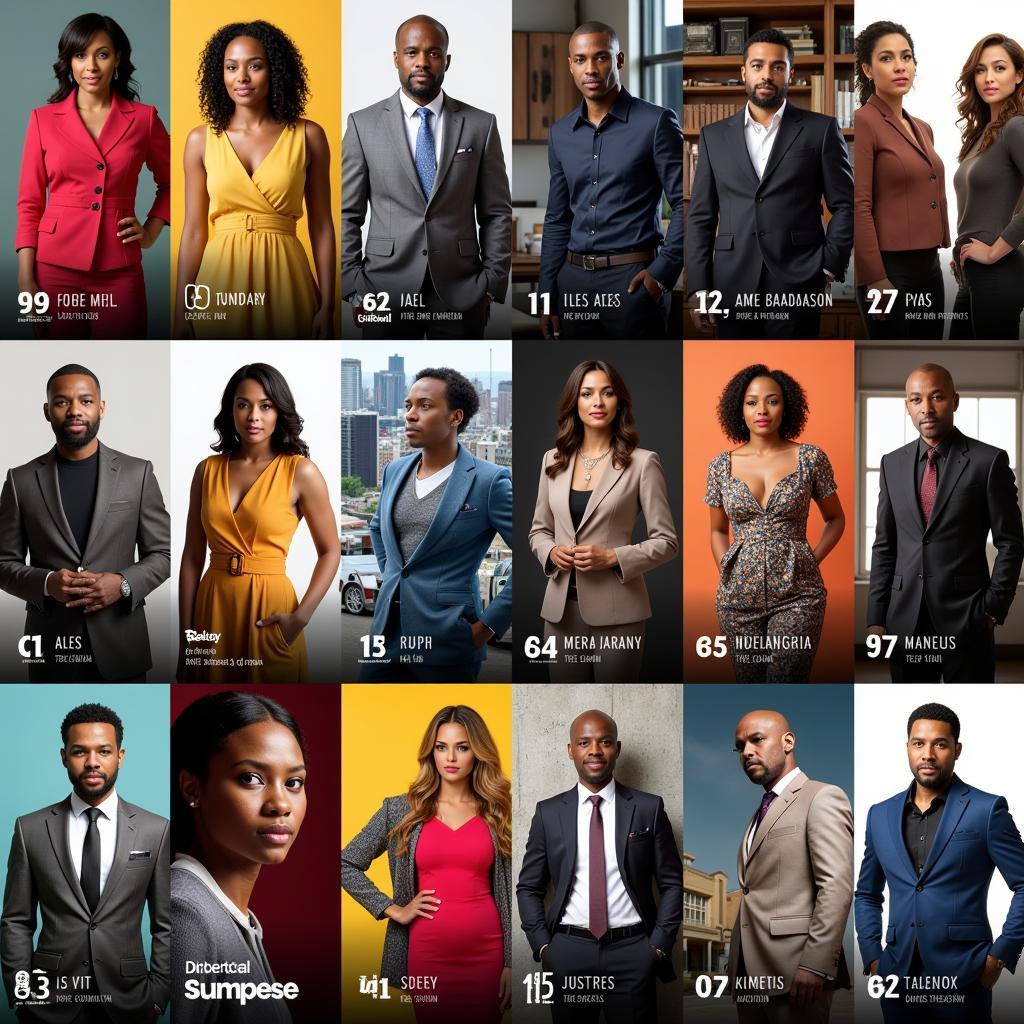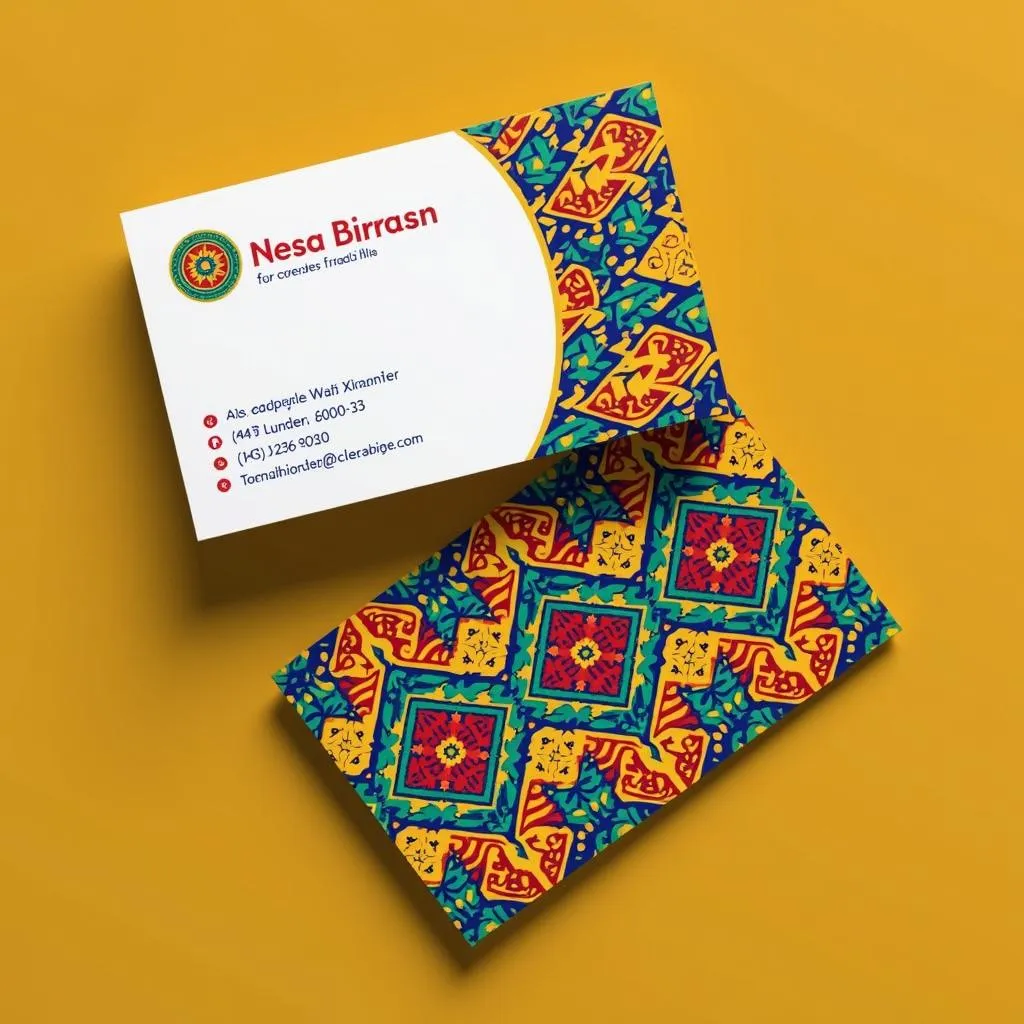African Deities: Exploring the Pantheon of African Mythology
African Deities are a vibrant and diverse collection of supernatural beings that play a significant role in the mythology and belief systems of various African cultures. These deities represent forces of nature, human emotions, and aspects of life, providing spiritual guidance and protection for communities across the continent.
The Importance of African Deities in African Culture
African deities are central to the spiritual and cultural fabric of many African communities. They are revered as powerful intermediaries between the human world and the divine, offering a way to connect with the supernatural forces that shape their lives. These deities are invoked in ceremonies, rituals, and daily life, serving as protectors, providers, and healers.
Types of African Deities
African deities encompass a broad spectrum of beings, each with unique characteristics, domains, and symbolism. Here are some of the main categories:
1. Deities of Nature
These deities embody the forces of nature, including weather, fertility, and the elements. Examples include:
- Shango (Yoruba, Nigeria): God of thunder, lightning, and justice.
- Nyame (Akan, Ghana): Sky god and creator of the universe.
- Mbombe (Bantu, Central Africa): Goddess of the earth, fertility, and agriculture.
2. Deities of Ancestors
Ancestor worship is an important aspect of many African cultures. Ancestor deities are venerated as intermediaries between the living and the dead, guiding and protecting their descendants. Examples include:
- Amun (Egyptian): God of air, wind, and creation.
- Osiris (Egyptian): God of the underworld and rebirth.
3. Deities of Human Emotions and Actions
These deities represent human emotions, actions, and values. Examples include:
- Eshu (Yoruba, Nigeria): Trickster god, associated with crossroads, fate, and chaos.
- Ogún (Yoruba, Nigeria): God of iron, crafts, and warfare.
- Anansi (Akan, Ghana): Trickster spider god, known for his cunning and wit.
The Significance of African Deities in Modern Life
Although modern African cultures have embraced various religions, the reverence for traditional deities continues to hold relevance. These deities serve as symbols of cultural identity, providing a sense of continuity and connection to ancestral traditions. They continue to influence art, music, literature, and daily life.
What are some common questions about African deities?
1. What is the role of sacrifice in African deity worship?
2. How do African deities differ from deities in other cultures?
3. Are there any specific rituals associated with particular deities?
4. How do African deities influence modern African cultures?
5. Are there any examples of syncretism between African deities and other religions?
Why are African Deities important to understand?
Understanding African deities provides a window into the rich and diverse cultures of Africa. They shed light on the beliefs, values, and worldviews of people who have inhabited this continent for centuries. Studying these deities helps us appreciate the complexity and beauty of African mythology and its enduring influence on modern African societies.
“The study of African deities is essential to understanding the intricate tapestry of African culture and its interconnectedness with the spiritual realm.” – Dr. Abena A. Menka, Professor of African Studies
“African deities are not simply mythical figures; they are living embodiments of the forces that shape our lives and our collective identity.” – Chief Olufemi A. Adebayo, Traditional Chief and Cultural Historian
African deities are a fascinating aspect of African culture, offering a rich tapestry of stories, beliefs, and traditions. Exploring these deities provides a deeper understanding of African history, spirituality, and the enduring power of mythology.


